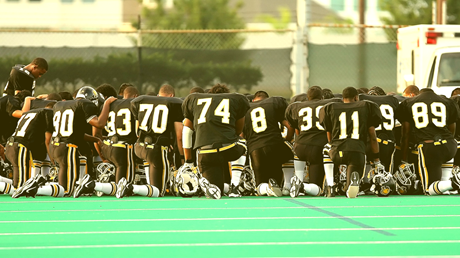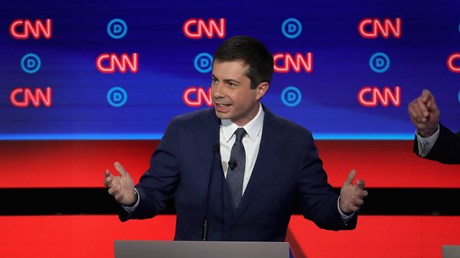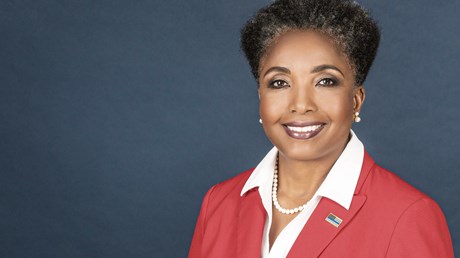There is some spiritual energy starting to build in the youth of our rural communities.

In October of 2015, the movie “Woodlawn” was release and it is based on a true story about a school that was transformed through a move of God in the youth on the football team.
The transformation then moved to another school in town and eventually it impacted the entire community of Birmingham, Alabama, because of what was happening in the lives of these teenagers. It is a powerful movie that gives us a glimpse of how God has moved in and through teenagers to transform communities.
As I sat and watched this movie in the theater with my family, I was struck with the realization that the rural youth ministry I oversee started around the same time that this was happening in Birmingham. So how did this movement make it all the way to rural Kansas in the late 1960s and early 1970s?
I would have only been around 2-years-old at the time, but Lay Witness Mission meetings were happening in Phillipsburg, Kansas in the early 1970s and several teenagers accepted Jesus through these events.
This group of 15-20 teenagers decided to start a Bible study and they called themselves “Reach Out.” Randy and LeAnn Hunt were newly married young adults who had just moved back to Phillipsburg in 1971 and they were asked to come alongside this group to guide it.
The Reach Out group grew to the point that Randy and LeAnn were hosting around 75 teenagers in their home every week, which is pretty significant in a community of approximately 3,200 people at that time. In the Woodlawn movie, they reference the Explo ‘72 event that took place in Dallas. A group of young adults from Stockton, Kansas (a town of approximately 1,800 people 20 miles south of Phillipsburg) went to that event and came back “on fire” for God. ...
from Christianity Today Magazine https://ift.tt/2SYG5To




